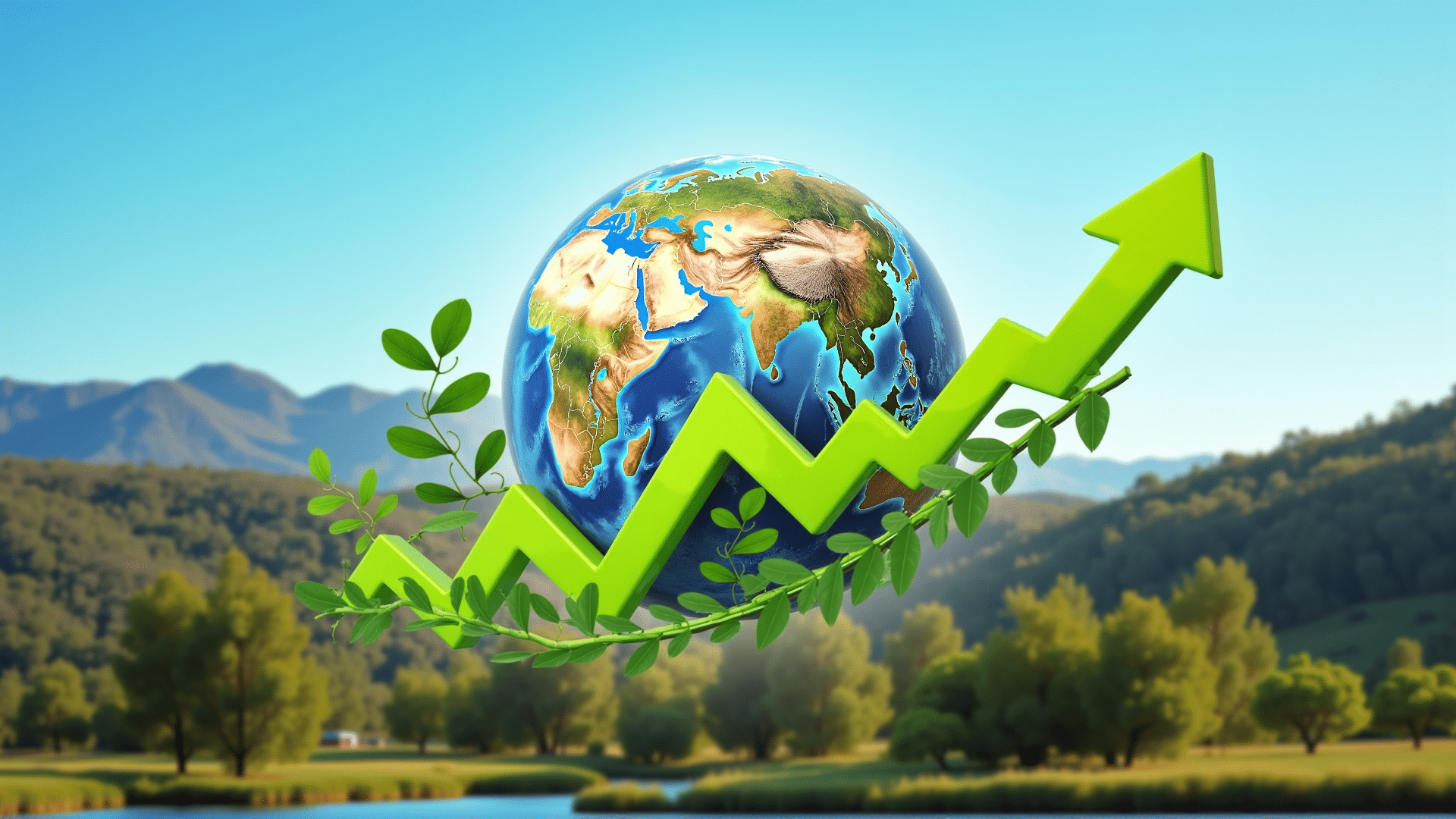Understanding how to approach sustainable dynamics in the long term is vital, especially in the context of Australian markets. A foundational economic principle states that resources are limited, and thus, managing them wisely is key to ensuring future growth and stability. Sustainable practices increasingly shape market landscapes, demonstrating their importance in achieving enduring success.
Sustainability, in this context, refers to the balance between economic pursuits and environmental stewardship. Australian markets, with their diverse range of industries, are seeing a shift towards integrating environmentally friendly practices. This shift is largely driven by the recognition that sustainable actions are not only beneficial for the planet but also crucial for economic viability.
The concept of sustainability encompasses several aspects, including environmental, social, and governance (ESG) criteria. These criteria serve as benchmarks for evaluating the ethical impact of businesses. In Australia, companies are progressively assessed based on their ability to adhere to these parameters. Responsible market players are those that strive to minimize their carbon footprints, contribute positively to communities, and maintain transparent governance structures.
For individuals interested in long-term outcomes, understanding ESG criteria can lead to more informed decisions. By aligning with enterprises that prioritize sustainability, they are indirectly supporting a future that values ecological preservation and social responsibility over short-lived gains. This alignment not only offers a sense of contributing to a greater good but also often translates into more robust outcomes over time.
Furthermore, technological advancements and innovative solutions are fostering a new era of sustainability in Australia. From renewable energy projects to waste reduction technologies, the scope for progress is vast. These innovations are backed by entities that recognize the potential of sustainable practices to reshape economic landscapes for the better.
In conclusion, incorporating sustainable principles when considering long-term economic decisions is essential. The Australian market’s focus on such values highlights a growing consensus on the importance of balancing economic pursuits with environmental and social responsibilities. Embracing sustainability ensures that resources are managed prudently, paving the way for a future that is not only prosperous but also harmonious with the natural world.
